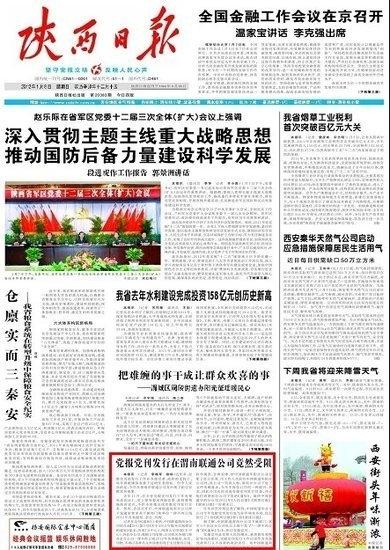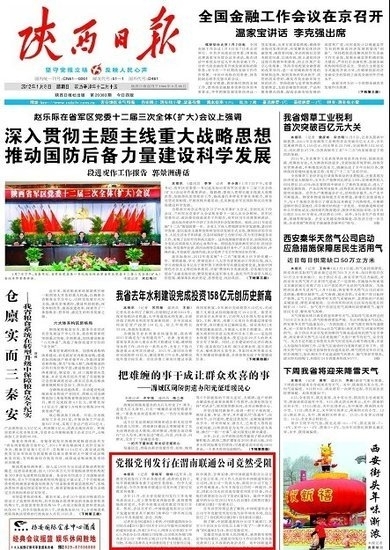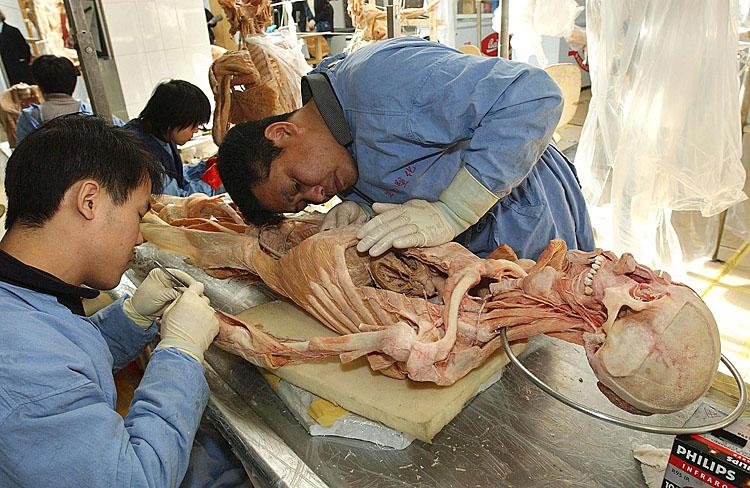Traditionally, an important element of the Chinese Communist Party’s penetration and control of Chinese society was its ability to have all state-owned enterprises (SOE) and work units subscribe to its newspapers. No other media voices were allowed or available.
That model has been, to a certain extent, assailed by media reform, commercialization, and rapid change in society over the last several decades—but Shanxi Daily, a Party mouthpiece in Shanxi Province, longs for the good old days. It recently ran a front page article criticizing China Unicom, a large telecom SOE, for not subscribing to any Party publications.
“In recent years, Party publication distribution has always met targets under the support of the Party and government, but surprisingly, China Unicom refused to order any Party publications this year,” the Jan. 8 article said.
Subscription were rejected by all departments and nine sub-companies of the state-owned giant, based in Weinan City, Shanxi Province. The article went on to extol the value of Party mouthpieces: “Party publications are the voice of the Party and the people, and serve the important role of guiding public opinion. The distribution of a Party publication is a required political responsibility of Party committees at each level.”
Former Chinese Communist Party (CCP) Shenyang propaganda office director Zhang Kaichen, who defected from China and now lives in New York, indicated China Unicom’s unwillingness to receive the newspapers reinforces the fact that they’re now worthless and uninfluential.
“This Party is not even trusted, liked, or needed by its subordinate committee,” he said, adding that the front page article revealed the “oppressive nature” of the CCP.
Lang Yaoyuan, the vice-director of World Chinese Merchants magazine and an independent commentator who currently lives in Hangzhou, wrote on his microblog on Jan. 8 about the incident. “Eight years ago, Beijing tried to sell People’s Daily, Guangming Daily, Economic Daily, Beijing Daily and other major party newspapers on street stands, but very few people even showed interest,” he said.
“According to a survey done by the Chinese Academy of Social Sciences, when asking 203 prefectural level Party cadres, only 8.9 percent say Party publications are interesting while 50.2 percent say not interesting.” When asked whether they were willing to pay for Party newspapers, 35 percent say “I will not,” he said.
Netizens observing the dispute noted that the subscriptions to Party publications are funded by taxpayers anyway—a prospect which the commentators did not consider fair. “If Party activities were only paid with by the Party budget, then ‘our Party’ would have starved to death long ago,” one user wrote.
With the circulation of the news across China’s blogosphere, some readers began digging around for historical contrasts. A few netizens found old news articles reporting that Party publications even went into Buddhist temples.
The Sanxiang Post published an article on Sept. 23, 2006 which said, “Lianyuan city Nanyue temple coordinator and Lianyuan Buddhist Association secretary Li Guiying joyfully paid the county official 2,000 yuan (US$317) to buy one copy of People’s Daily, one copy of Hunan Daily, and six copies of Loudi Daily. All six directors at the temple then had a copy of the party publication.”
The Buddhist said in response: “Without the care of the Party there would not be freedom of religion, or development of Buddhism. We believe in the Party, and Bodhisattva. We subscribe to Party publications to better develop Buddhism under the guidance of the Party.”
The news was mocked by netizens. “Isn’t the CCP atheist?” user Bill asked. “Are the monks in that temple all fake?”
Read the original Chinese article.



